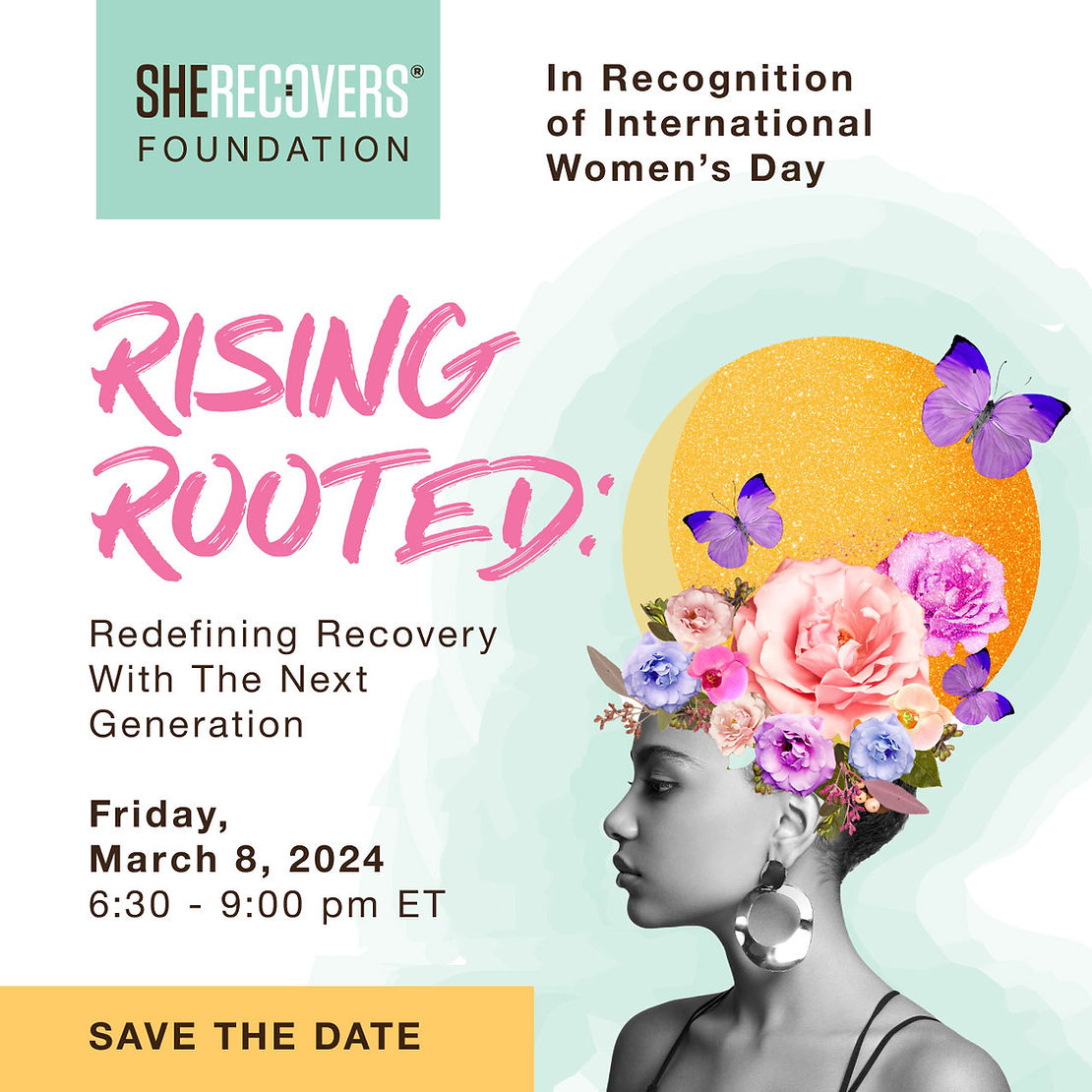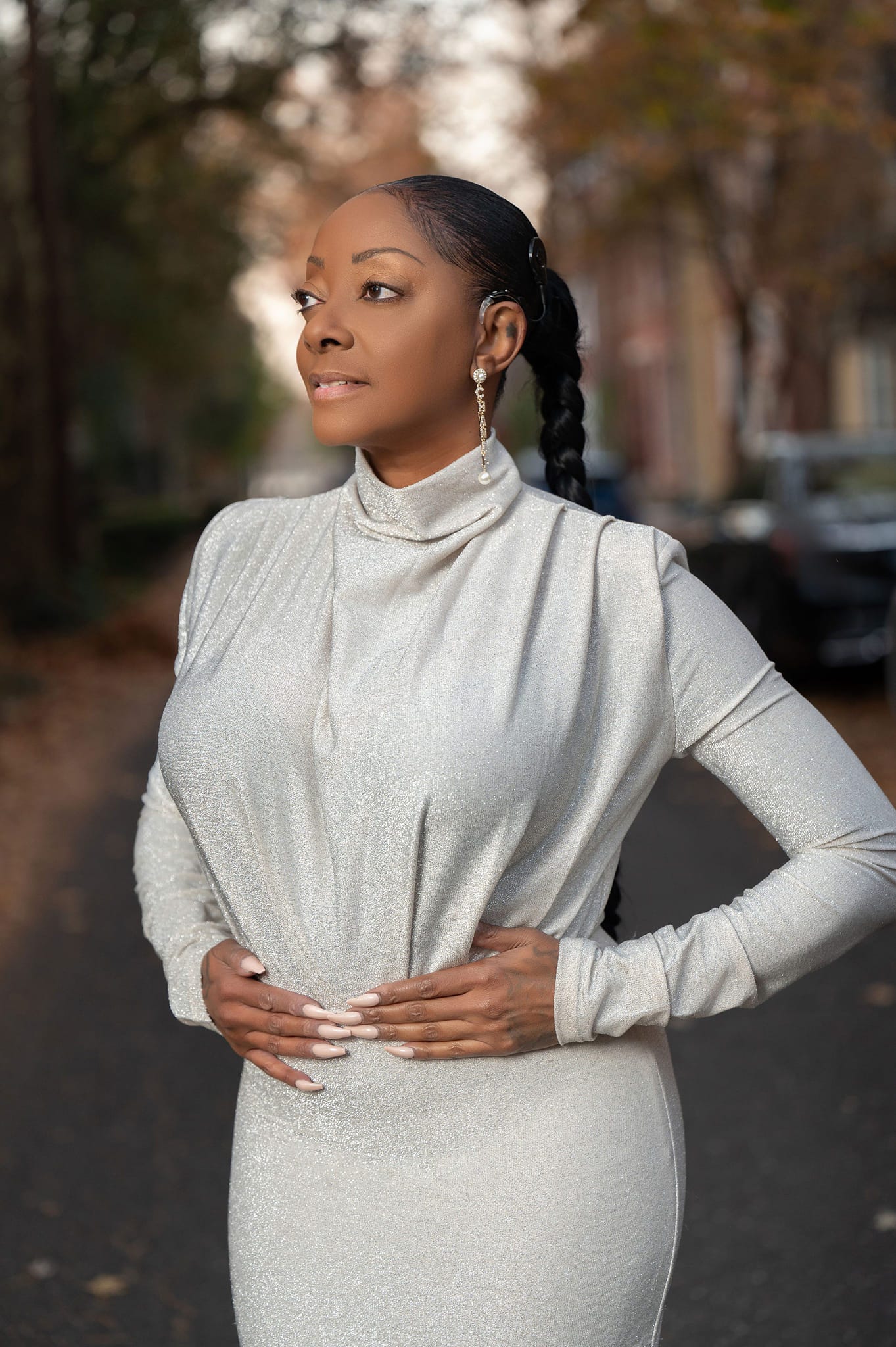I recently asked my husband this question:
“When we met, did you know anything about recovery?”
He looked a little sheepish and said:
“I had no clue. I remember stalking you a little on social media when we first started dating. I saw a picture of you wearing a shirt that said Sober Saturday Nights.”
I laughed, remembering the shirt. The time (before kids). The blunt, black bangs.
“I hate to admit it now, honey, but I was confused. Sober? Saturday nights? My first thought was: I don’t think this is going to work. I had no idea what recovery was all about. Not like I do now. I had no idea that it makes life bigger. Not smaller.”
The first time I told him that I couldn’t hang out because I was going to a meeting, again he was baffled.
“Meeting? What kind of meeting? Like AA?”
For him, there was only one brand of recovery and that brand had firmly embedded images of white men circa 1945 in suits with cigs in secretive church basements. They all introduced themselves the same way:
“Hi, my name is Bill and I’m an…”
“Hi, Bill.”
Later, after we’d been dating for a while, when he met my friends in recovery, he was shocked that people “like me” and “us” were a part of this seemingly elusive club where we drank fancy seltzer, laughed a lot, and were sober on Saturday nights, God forbid.
“Wait, Evan the MIT graduate and computer genius? Charles, the lawyer and family man? Shelly the yoga instructor? Are in recovery?”
Over the years, my husband has come to understand the fullness of the addiction recovery journey. In our home, recovery is not only a part of my life but a part of our family’s. Mine. His. Our children. Even our extended family. It is a way of life that I’ve shared over time and it has become a part of the foundation of our daily lives.
How have your loved ones supported your recovery? How have they learned more about the pathway that you are on?
Here are 5 funny ways that folks have responded when I’ve shared that I’m in recovery:
· How long do you have to do that?
· In recovery from what?
· I’m so sorry.
· Do you miss drinking?
· [awkward silence, then changing the subject]
Share a comment below with your favorite response after you’ve shared with someone that you are in recovery.
Maybe this list made you laugh like it did me in writing it.
But if there is something sad about it for you, too, I hear you. Me, too.
I think this highlights a tremendous need for our loved ones. They want to understand and support us, but they might need the tools and information to do it.
And for us:
We want to be seen, heard, and understood.
To those who are outside of recovery circles, how do we explain the recovery journey? How do we talk about it? How do we share the spaciousness and healing of a journey that is light years beyond the concept of abstinence-only or only secretive circles in church basements?
Research identifies dimensions, principles, pathways, and steps of recovery. Some programs suggest 12 steps. Some 12 traditions or 12 concepts or all three. Some 10 principles and some 4 dimensions. Much of my work as an author and as a consultant and expert working with federal agencies (yes, I have a day job) is to distill what we know about our experiences of recovery into understandable ways to share it. Not just so you and I can understand recovery better, but so our loved ones, family members, and communities can understand us and ultimately support us.
I am so grateful today that my husband decided to stick around and learn more about recovery.
For you, I hope that your family member or loved one or person you are dating sticks around to learn more, too. Because as we all with living experience in recovery know, it is an amazing journey with countless benefits.
Together, let’s share this incredible journey with those we love. Let’s find a way to share recovery with everyone in our lives who may feel like they “don’t understand” or are not one of “those people.” We need to discover a shared language that can help bring this truth into the world: Recovery is for everyone.
Invite your loved one to attend this year’s annual International Women’s Day Global Virtual Event presented by the SHE RECOVERS Foundation. It’s a great way to share the gift of recovery.
CAN’T MAKE THE TIME OR DATE? No problem! Register and you’ll be sent a link to watch when it works for you or even to host a watch party - more soon!
You don't want to miss this year's event that features new offerings like on-demand viewing and watch party hosting, along with live translation features and more!
Also, check out the amazing article by Chekesha “Kay” Ellis about her story on Circle of Chairs the blog: Resilience Unveiled: Kay's Triumph Over Addiction.









“Later, after we’d been dating for a while, when he met my friends in recovery, he was shocked that people “like me” and “us” were a part of this seemingly elusive club where we drank fancy seltzer, laughed a lot, and were sober on Saturday nights, God forbid.”
We are not a glum lot 🤭
Love those responses, Caroline! When I married my partner, he'd been sober for many years. I saw that as a plus even though I didn't get sober myself until years later. I was still nervous about how things would be for us once I got sober (I was more social and "personable" when drinking and suspected he actually preferred me that way). Thankfully, we got through the awkward phase, and it's been such a gift to our relationship. But oof. My family? Co-workers? The response is usually "awkward silence, then changing the subject."